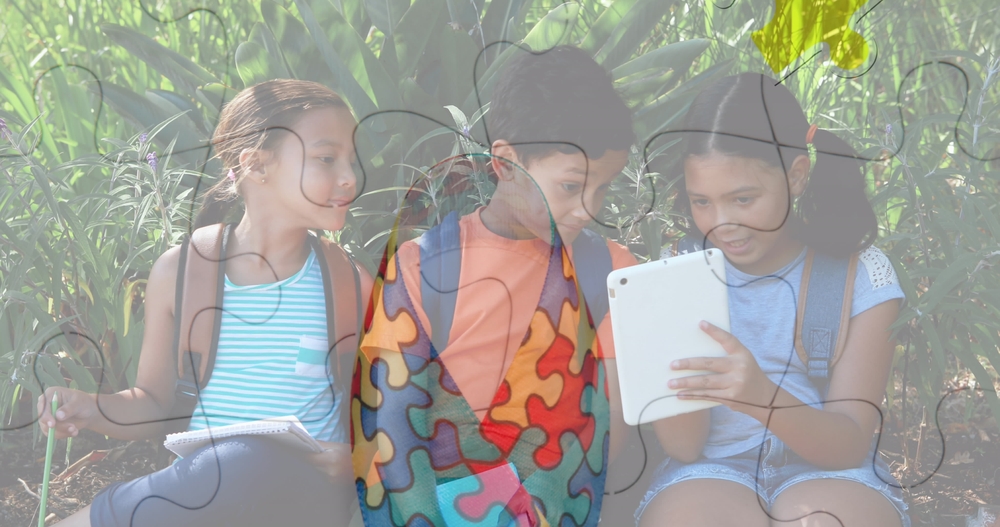
Problem-solving skills are essential for children to navigate daily challenges, from managing school assignments to interacting with peers. When a child lacks these skills, it can significantly impact their mental health and overall well-being. For parents, understanding how poor problem-solving abilities manifest and what steps to take can make a critical difference in supporting their child’s mental and emotional development.
Behavioral Concerns: What Does Lacking Problem-Solving Skills Look Like?
Children who struggle with problem-solving may exhibit various behavioral issues. They might become easily frustrated or overwhelmed when faced with simple challenges, such as losing a game or not getting their way. Common behaviors include:
• Frequent Meltdowns: Children may have intense emotional outbursts when they encounter problems, showing difficulty in managing their emotions.
• Avoidance: They might avoid tasks or situations that they perceive as challenging, such as homework or social interactions, leading to withdrawal or isolation.
• Impulsivity: In situations requiring thoughtful decision-making, these children may act impulsively without considering consequences, leading to poor choices or conflicts with others.
• Dependence on Adults: They might consistently rely on parents or caregivers to resolve issues, indicating a lack of confidence in their own abilities.
Warning Signs for Parents to Look For
Parents should be attentive to signs that their child is struggling with problem-solving, as this can often indicate underlying mental health concerns. Warning signs include:
• Low Self-Esteem: The child may express feelings of inadequacy or a belief that they cannot handle problems on their own.
• Anxiety or Worry: They may frequently worry about making mistakes or fear failure, leading to anxiety in new or uncertain situations.
• Social Difficulties: Poor problem-solving can affect relationships, leading to frequent conflicts with peers, trouble making friends, or difficulty in group activities.
• Academic Challenges: Children who struggle with problem-solving may have trouble with assignments that require critical thinking or perseverance, resulting in declining academic performance.
What Parents Can Do to Help Their Child
If you notice these signs in your child, there are several steps you can take to support the development of their problem-solving skills. One effective approach is to model problem-solving yourself. Demonstrate how to approach a problem calmly and thoughtfully, and talk through your thought process aloud so your child can learn by example. This not only shows them how to tackle issues but also reassures them that it's okay to take time to find solutions.
Encouraging open communication is also crucial. Create an environment where your child feels safe to express their concerns without fear of judgment. This open dialogue can help you identify specific areas where they may be struggling, allowing you to address these challenges more effectively. Additionally, teaching step-by-step strategies can make problem-solving more accessible. Break down problems into smaller, manageable steps, guiding your child to identify the issue, brainstorm possible solutions, weigh the pros and cons of each option, and choose a course of action.
Lastly, practice patience and praise their effort. Problem-solving is a skill that takes time to develop. By praising your child’s efforts rather than just the outcomes, you help build their confidence and resilience, reinforcing the idea that the process is just as important as the solution.
The Importance of Seeking Professional Help
While parental support is crucial, professional intervention may be necessary when poor problem-solving skills significantly impact a child's mental health and daily functioning. Child psychiatrists, like Dr. McKnight at The Lighthouse of Frisco, play a vital role in assessing and addressing these challenges. They can help identify underlying mental health conditions such as anxiety, depression, or ADHD that may be contributing to problem-solving difficulties.
Dr. McKnight can work with your child to develop coping strategies, improve emotional regulation, and enhance problem-solving skills through therapeutic interventions. Early intervention is key to preventing long-term mental health issues and promoting a healthier, more balanced future for your child.
Get in Touch with The Lighthouse of Frisco Today
Recognizing the impact of poor problem-solving skills on your child's mental health is the first step in supporting their emotional and behavioral growth. By understanding the warning signs and knowing when to seek professional help, parents can empower their children to navigate life's challenges more effectively. At The Lighthouse of Frisco, Dr. McKnight is dedicated to providing compassionate care and guidance to help your child develop the skills they need for a brighter, healthier future.
If you're concerned about your child's problem-solving skills and mental health, schedule a free consultation with The Lighthouse of Frisco. Dr. McKnight specializes in providing comprehensive assessments, tailored interventions, and family-centered support to help children and their families overcome behavioral and mental health challenges. Click “Get Started” at www.tlhof.com, or call (214) 618-0544 to learn more about our services and how we can support your child's journey to better mental well-being.








